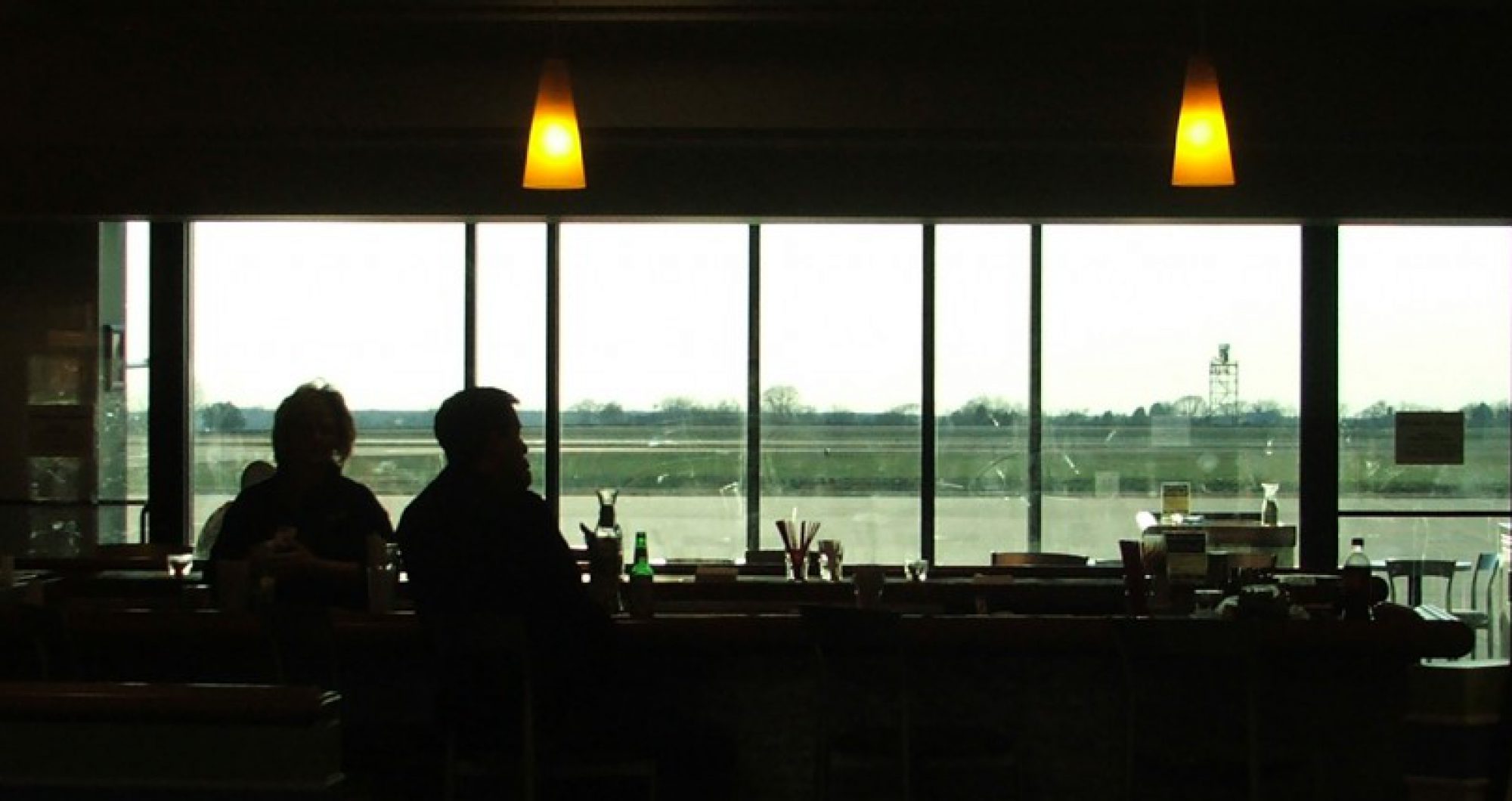 The members meet weekly in a church hall. They practice giving speeches and speaking extemporaneously because at some point they realized this was a skill they lacked or a streak of potential that had gone unfulfilled for too long.
The members meet weekly in a church hall. They practice giving speeches and speaking extemporaneously because at some point they realized this was a skill they lacked or a streak of potential that had gone unfulfilled for too long.
I imagine they go because they are tired of the palpitations, the queasy current of nervous electricity that shoots up the back of their legs when having to take the podium, or there hangs over them like a cartoon storm cloud the deeper fear of actually not having anything worth saying, their thoughts unformed or shapeshifting. They are failing to convey their points or they wish to exorcise their embolalia. Yes, of course, I am projecting.
I am sitting in a small row of chairs with a folder in my hands, an agenda written out to the minute, with all the members given formal titles for the roles they will assume, like the Introducer of the Welcoming Speaker. It is like a play about a play about a meeting and the ritual of the symbolism of the meeting. It is what makes city council meetings on television fascinating in their excruciating verbal obfuscation, the saying of that which is meant to convey politeness and procedural correctness when what you are feeling is rage or fear.
They are so welcoming. It’s even my title in the ritual symbolism of their meeting etiquette, where I am Welcomed Guest Wertis. I want to take that leap into the mosh pit of their hospitality, but at the same time something is holding me back, the fear perhaps that I would be under obligation to practice speeches I didn’t want to give or find myself stating, in week after week of Table Topics that, “I have no words.”
Good ideas are not at my beck and call in that way. Maybe it would be good training for the words, to roust them out and make them march in straight lines, not meander aimlessly, but this could be achieved by journaling exercises rather than by devoting the time to come to meetings and having this precise verbal choreography with people.
In spite of the time limitations, the Key Speaker runs over. The warning card is flashed more and more emphatically by the Keeper of Time in the front row.
Some of the Toastmasters have been in this together for a decade. I find this both touching and disconcerting. I had thought it was more like a course you took, where you solved your public speaking issues and moved on, but it is more a club where they take comfort in the rituals, a sort of fan group for an ideal state of a very certain kind of polite eloquence. They draw closer together through succinct personal revelations but maintaining a correct distance. Feedback is given not by name but by role. I thought the Master of Table Topics did a commendable job keeping time. There are leadership tracks you can join, a progression of speaking accomplishments to achieve, wider audiences to be addressed regionally, internationally. Is this my show? Are these my people?
What if, during the meeting, an emergency happened and we were forced to stay in the church hall until the all-clear sounded, how long would it take for the formality to erode? Would the topic be correctly adjourned in lieu of determining the severity of the situation? What if someone is an unreformed circuitous talker? Would the group turn on him or her? I imagine pairs being elected to venture into the church basement in search of nuclear era snacks. If the situation were worse than we had at first imagined, how long would it be until the longest-serving members of the club revealed their true feelings about each other? Perhaps one person would throw down her knitting and cry out, “I’m tired of being so darned nice all of the time!” and made a run for it into a thick cloud of waiting poison.
The folder sits on my desk at work all summer, an unanswered invitation, offering the promise to be a different person, one who speaks with a firm but measured conviction on a variety of topics, who can turn a phrase like an unexpected flash of silver in the otherwise muddy creek of human communication where the cliches and the long winded preambles sway like aquatic weeds, the point falling like a lost lure into the silt. Weeks pass and I know that I should say something, thank you for having me to the meeting, anything, but the words just won’t come.












